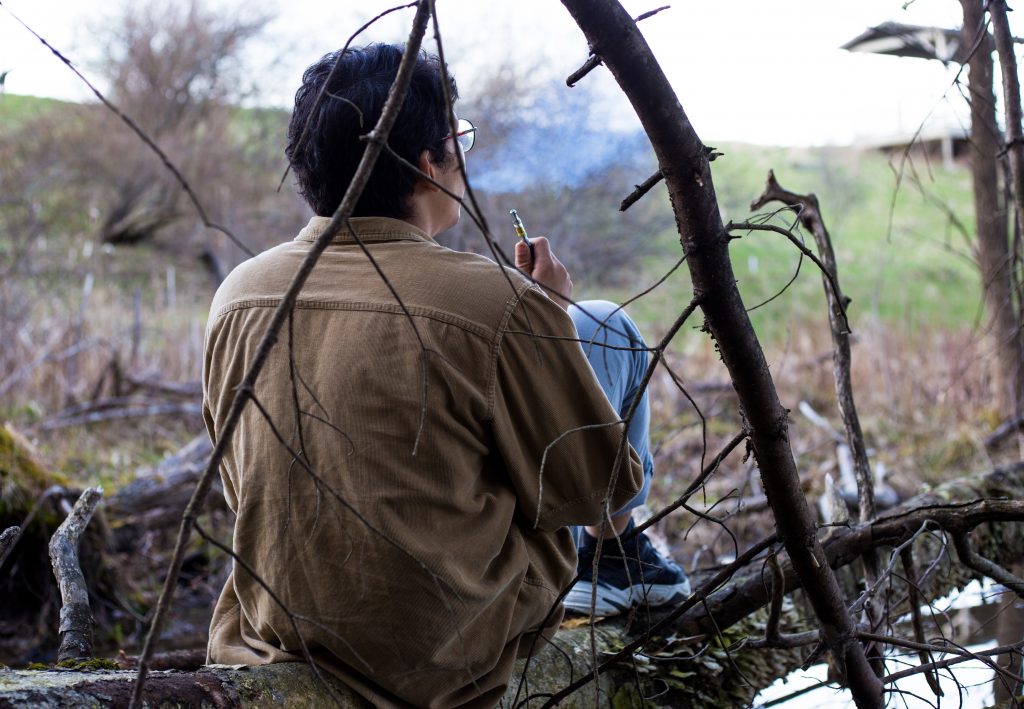More than 80 percent of respondents to Pipe Dream’s drug survey said they supported the legalization of marijuana in New York state, and as state lawmakers appear to inch closer to eventually lifting bans on the drug, local and campus law enforcement are grappling with how they can prepare to handle the change.
Since Colorado legalized recreational marijuana in 2012, the drug has been legalized in nine other states and Washington, D.C. Although attempts to legalize the substance in New York state, when Gov. Andrew Cuomo attempted to include the issue in the 2019 state budget, recently collapsed, the state has come closer to legalizing recreational marijuana than ever before.
This year’s attempt to legalize marijuana ignited debate across the state on what would happen if the drug were legalized, and the possible dangers of doing so. State Senator Fred Akshar (R-Binghamton), who is opposed to the legalization of recreational marijuana, launched a survey on the issue in January, after Cuomo introduced his proposal. In the results of the survey, slightly more constituents within the 52nd Senate District supported the measure than opposed it, with 48.4 percent of respondents indicating they supported legalization, and 46.1 percent opposing it.
“The people of the 52nd Senate District are largely split on legalizing recreational marijuana, with many passionate individuals in support and opposition of the measure,” Akshar said in a press statement. “More respondents are in favor, and their points are well taken. While I’ll continue listening to those on both sides of the issue, I personally believe that legalizing recreational marijuana will create more problems in our communities than it will solve.”
County Executive Jason Garnar, however, indicated that if the proposal passed with the state budget, Broome County likely would not opt out, and said the legalization of marijuana is “inevitable,” according to the Democrat & Chronicle.
Policies toward drug usage and possession have also changed in recent years. New York state legalized medical marijuana in 2014 and in June 2018, New York City announced that anyone smoking marijuana in public would not be subject to arrest.
According to annual reports published by the Broome County Sheriff’s Office, there were 83 marijuana-related arrests in Broome County in 2017, the most recent year on record, and 26 more arrests than in 2016. Currently, the consequences for possessing or selling marijuana in New York state depends on the amount someone is found with. In New York state, possessing 25 grams of marijuana is considered a civil violation and typically incurs a fine but no jail time. If an individual is found with 25 grams to two ounces of marijuana, they could see increased penalties, including fines and jail time.
Investigator Mark Silverio of Binghamton’s New York State University Police Department (UPD) said that UPD currently has no preparation plans in the event of legalization.
“New York state hasn’t changed the law, so at this point nothing has changed for us,” Silverio said. “When and if it does, we’ll adjust accordingly.”
The current Binghamton University Student Code of Conduct states that possessing, using or selling marijuana is prohibited. Additionally, if a student is found with marijuana, UPD officers can arrest and ticket the offender. The University also has a tobacco-free campus policy, which would likely also apply to marijuana if it were legalized. Ryan Yarosh, senior director of media and public relations at BU, wrote in an email that the University would look for guidance from the State University of New York (SUNY) system to determine its next steps if recreational marijuana were legalized. Yarosh also wrote that the University would still be required to comply with the Drug-Free Schools and Communities Act, a federal law that requires federally funded universities to prove they have provided and promoted information regarding federal policies that prohibit illegal drugs, such as marijuana, which remains classified as a Schedule I drug by the U.S. Drug Enforcement Agency.
“While we would follow guidance from our counsel and SUNY Central, it should be noted that the Drug-Free Schools and Communities Act requires Binghamton adhere to federal policies prohibiting the unlawful use, possession or distribution of illegal drugs, including marijuana,” Yarosh wrote.
Although the legalization of recreational marijuana was dropped from the 2019 state budget, it could still happen soon in New York state. During a press conference on March 20, Cuomo said there is still a chance of legalizing the drug before the state legislature session ends in June.



